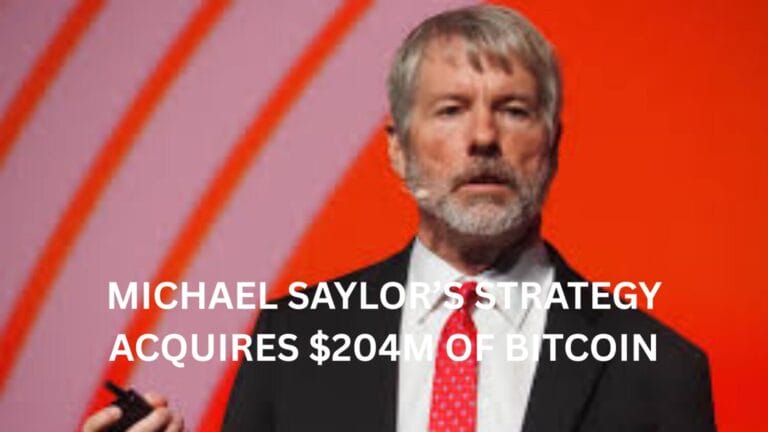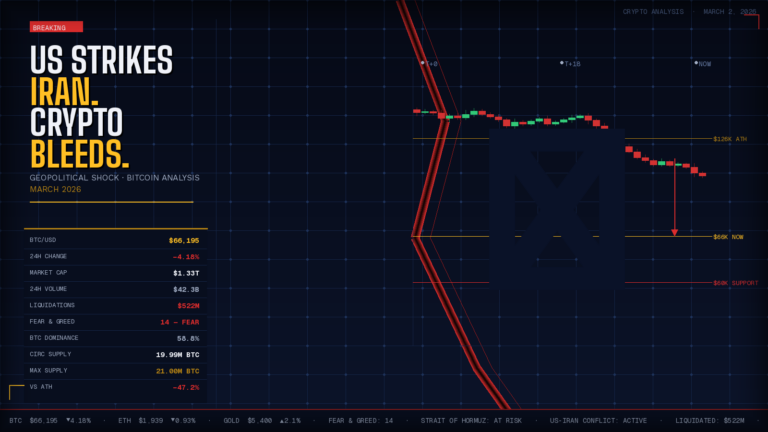Key takeaways:
- A warning has been issued by the SFC of Hong Kong over possible fraudulent activities using BitCuped and the Hong Kong Digital Research Institute.
- The authorities also sent a cease-and-desist letter to the owners of the companies’ websites.
A warning has been issued by the Securities and Futures Commission (SFC) of Hong Kong over possible fraudulent activities using BitCuped and the Hong Kong Digital Research Institute, two cryptocurrency organisations.
According to a warning sent by the SFC on December 6, the Hong Kong Police Force had prohibited access to BitCuped and Hong Kong Digital Research Institute’s (HongKongDAO) websites because they believed that users would be duped into making fraudulent investments. The authorities also sent a cease-and-desist letter to the owners of the companies’ websites.
According to the notice dated December 6, the SFC believes HongKongDAO may be using internet platforms to spread incorrect and misleading information about the company and its operations. The statement also stated:
“The SFC notes that BitCuped claims on its website that ‘Laura Cha’ and ‘Nicolas Aguzin’ serve as its Chairman and Chief Executive Officer respectively, when in fact none of them has any affiliations with BitCuped.”
The SFC claims that people may be persuaded to invest in the HKD token by the “misleading” information about HongKongDAO, leading them to believe that the company’s services are “properly licensed and legitimate.”
The securities regulator further stated that Cha and Aguzin had no affiliation with BitCuped and were instead executives of the Stock Exchange in Hong Kong.
Citing market changes and feedback from the sector, the SFC said in October that it wanted to amend its policies on digital currency sales and requirements. Exchanges operating in Hong Kong will need to obtain a virtual asset service provider license from the SFC as of June 2024.
Virtual assets are becoming more and more popular in some parts of the world, but the regulatory landscape is still uneven globally, according to the SFC. Virtual assets are now considered “complex products” under the SFC and are subject to the same rules as traditional financial products.










